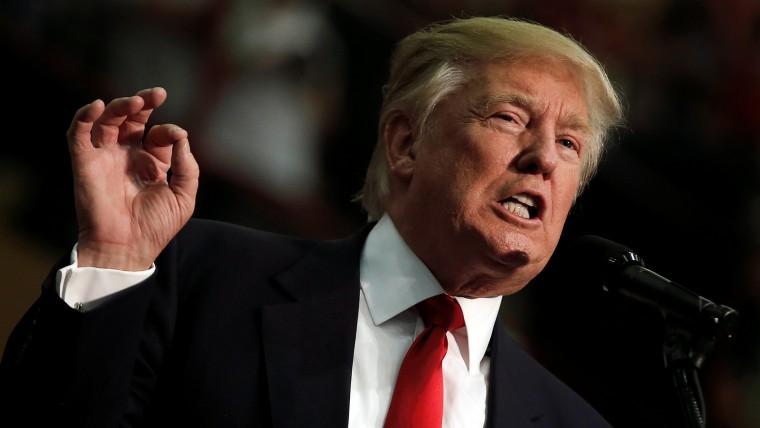Mr. Trump has cultivated the persona of a generous man, repeatedly claiming on television he would donate to charity "out of my wallet" and accepting honors from groups he appeared to support. In fact, an exhaustive investigation by Post reporter David A. Fahrenthold shows that Mr. Trump retooled his foundation about a decade ago to act as an intermediary for other people's charitable giving, a racket from which Mr. Trump gained in reputation and from which he may even have occasionally profited. Mr. Trump does not appear to have given his own money to the Trump Foundation since 2008, and by then Trump funds had become a tiny slice of the organization's revenue. Since then, the available records suggest, a charitable group that bears the billionaire's name has been funded by others. That has not stopped Mr. Trump from claiming credit for doling out other people's cash.
Editorial board argues, 'Even Trump's charity is a scam'
If the Trump Foundation is, as the Washington Post put it, a "scam," what's left to show the Republican presidential candidate cares about others?

The Washington Post's David Fahrenthold, who's done yeoman's work covering Donald Trump's controversial charitable foundation, moved the ball forward on his reporting last night, on the trail of a six-foot-tall portrait of the Republican candidate himself. Trump spent $20,000 that belonged to his charity on the giant painting, and according to the Post, it was apparently shipped to a Trump-owned golf club in New York.
Fahrenthold noted, "If Trump did not give the painting to a charity -- or find a way to use it for charitable purposes -- he may have violated IRS rules against 'self-dealing,' which prohibit nonprofit leaders from spending charity money on themselves."
Of course, if this line of inquiry points to misdeeds, it would only be the latest in a series of controversies related to the Donald J. Trump Foundation. The Washington Post's editorial board, which isn't exactly reflexively liberal, has seen enough, noting in a piece this morning, "Even Trump's charity is a scam."
The editorial board added that the available evidence surrounding the foundation suggests Trump "is a scam artist."
That's not an unreasonable conclusion under the circumstances, but I wanted to add one related point to this. As best as I can tell, this charitable foundation is the only meaningful proof of Donald Trump's philanthropic side. Trump has apparently had great financial success in the private sector, but his record of helping others is far thinner.
In July, Katrina Pierson, Trump's national spokesperson, summarized her boss' perspective with surprising candor: "Mr. Trump believes in putting your oxygen mask on first before helping others."
And when it's come to helping others, Trump has pointed to his charitable foundation as proof, not only of his deep commitment towards those in need, but also of his spirit of generosity. The New York billionaire isn't just focused on enriching himself, the argument goes, he's also eager to give back.
To that end, he created a charitable foundation -- which no longer looks like much of a vessel for Trump's benevolence. If the foundation is, as the Post put it, a "scam," what's left to show the Republican presidential candidate cares about others?